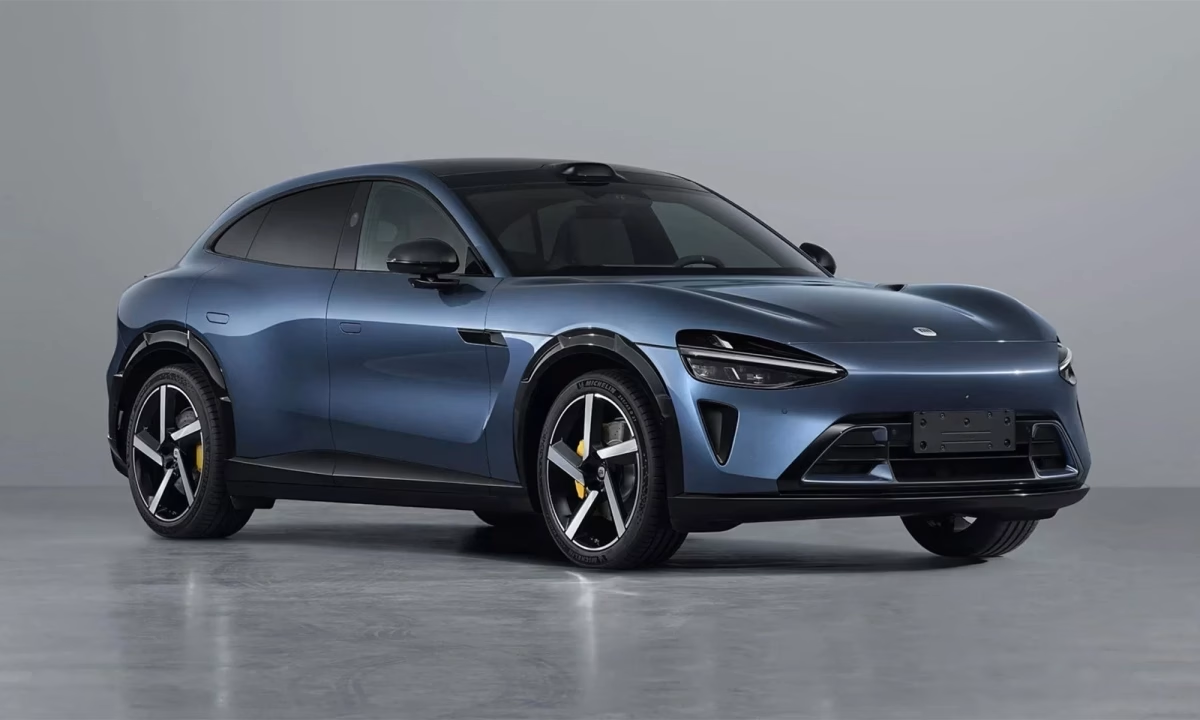The Lightning Strike: Xiaomi's EV Debut Shakes Up the Market
The Instant Impact: Unpacking the Order Numbers
Think about that for a second. It speaks volumes about brand loyalty, yes, but also about a pent-up demand for a compelling, affordably priced electric SUV. We've seen strong launches before, certainly. Tesla's Model Y, for instance, had impressive early numbers in China, but Xiaomi's immediate surge seems to have outpaced even those initial bursts. It's a testament to their market penetration and consumer trust, even in a completely new product category for them.
Strategic Pricing: A Direct Challenge to Tesla
This isn't accidental. It's a calculated maneuver designed to peel away potential Tesla customers who are perhaps on the fence, looking for value without compromising too much on features or perceived quality. It’s a classic challenger move, leveraging their existing brand equity and manufacturing prowess to undercut the incumbent.
Beyond the Price Tag: The YU7's Technical Edge
But price isn't the only story here. Xiaomi isn't just selling a budget option; they're offering a compelling package. The YU7 boasts a claimed driving range of at least 760 kilometers (that's about 472 miles) on a single charge. That's a significant figure, especially when range anxiety is still a very real concern for many potential EV buyers.
Market Ripple Effects and Investor Confidence
The market's reaction? Predictable, yet still impressive. Xiaomi's shares soared to record highs following the announcement. Investors clearly see the immense potential in this move. It's not just a new product line; it's a diversification that could significantly boost their long-term growth trajectory and solidify their position as a multifaceted tech giant.
And what about Tesla? Well, the chatter on social media, particularly on platforms like X, has been buzzing. Some are already calling the YU7 a "Tesla Model Y killer." While that might be a bit premature – it's a marathon, not a sprint, after all – it certainly puts immense pressure on Tesla. They've faced increasing competition in China before, and this new entrant, backed by Xiaomi's brand power, is a formidable one. You've gotta wonder if a price adjustment from Tesla is on the horizon, or perhaps a renewed focus on innovation to differentiate further.
The Broader EV Landscape in China
Xiaomi's success here isn't just about their car; it's a signal. It tells us that the landscape is shifting rapidly. Tech companies, with their deep pockets, software expertise, and established consumer ecosystems, are no longer just dabbling in automotive. They're diving in headfirst, ready to disrupt the traditional players. This could very well be the start of a new wave of tech-led EV innovation, pushing the boundaries of what's possible in terms of price, performance, and integrated user experience. It's a fascinating time to be observing this space.
Conclusion: A New Chapter in the EV Race
So, what does this all mean? Xiaomi's YU7 launch is more than just a successful product debut. It's a pivotal moment, a clear indicator of the evolving dynamics within the global EV market, especially in China. The sheer volume of orders, the strategic pricing, and the impressive technical specifications paint a picture of a serious contender that's ready to shake things up.
It's going to be fascinating to watch how this plays out. Will Tesla respond with price cuts? Will other established automakers feel the heat and accelerate their own affordable EV offerings? One thing's for sure: the competition just got a whole lot more interesting. And for consumers, that's almost always a good thing.
